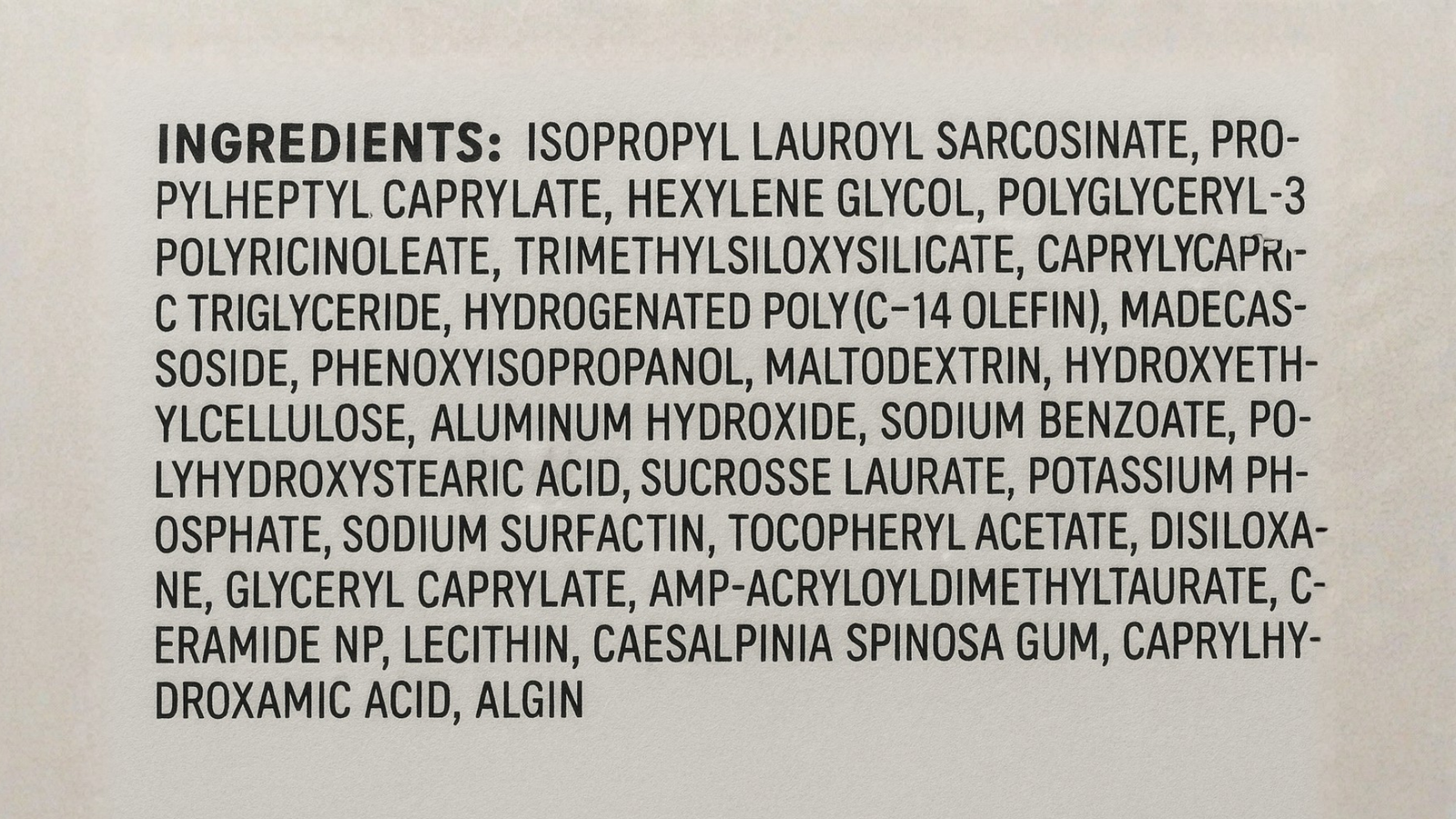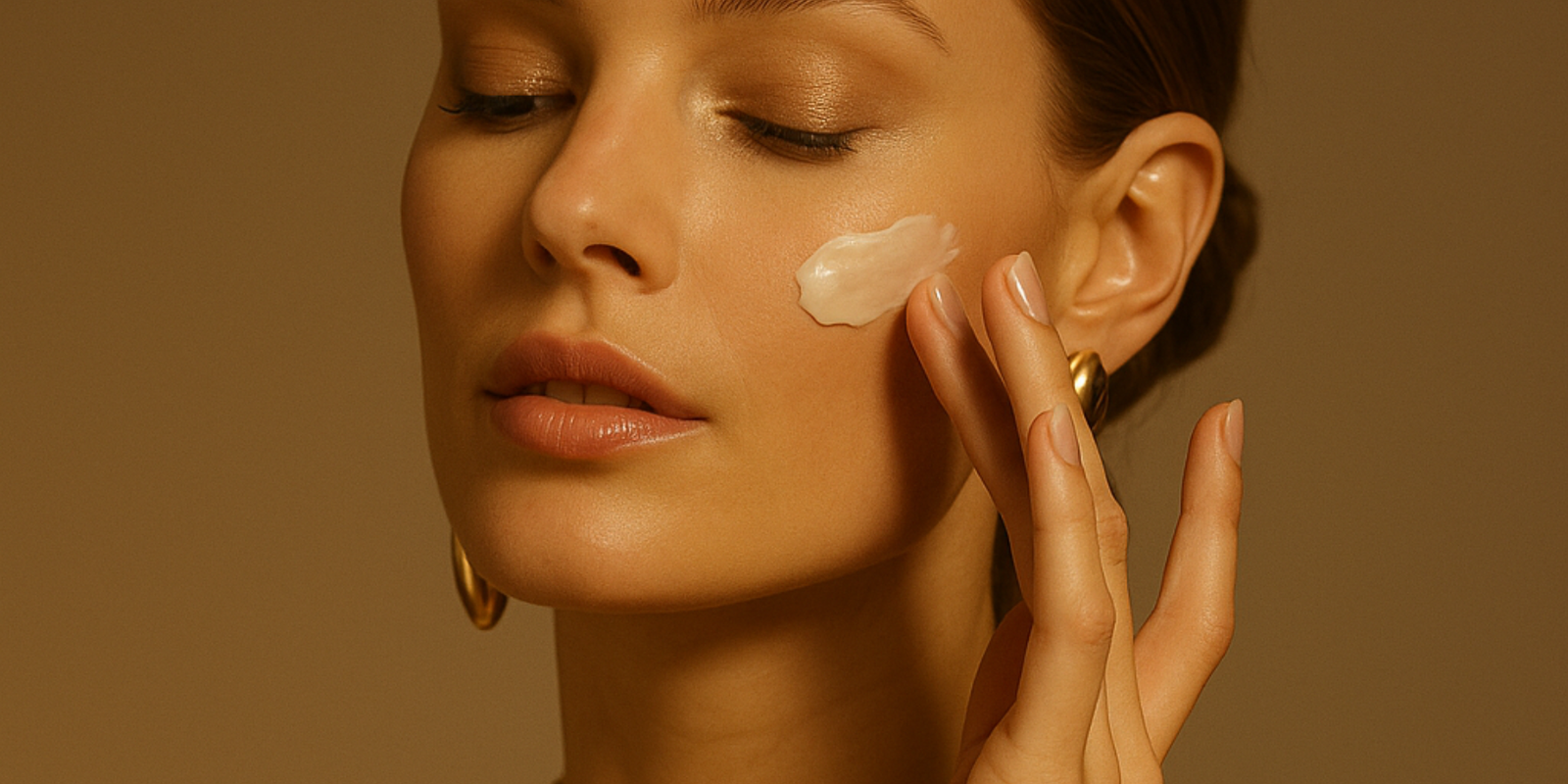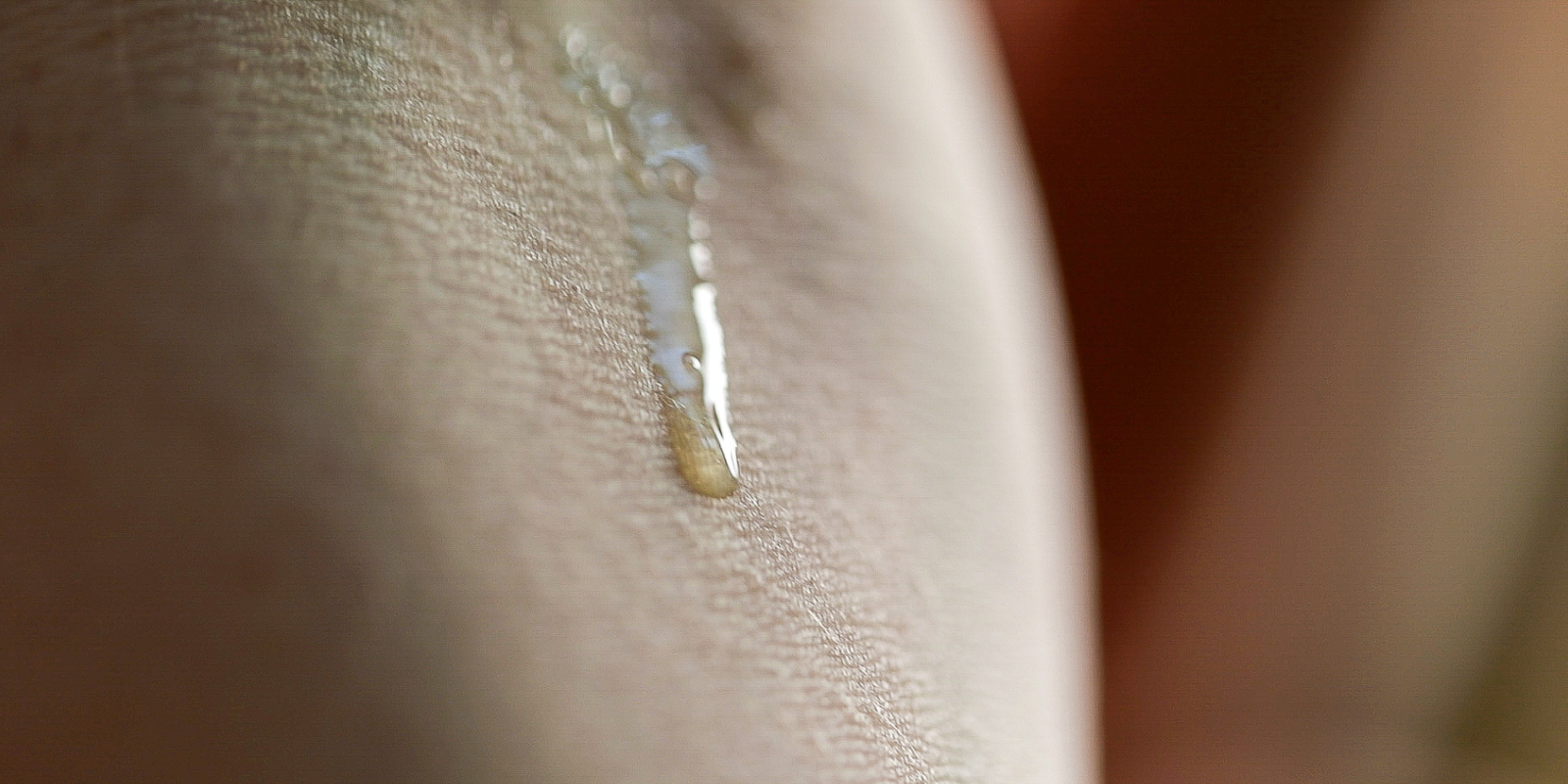EWG Verified & Leaping Bunny Certified | Free Gift $200+
EWG Verified & Leaping Bunny Certified | Free Gift $200+
Fragrance vs. Natural Scent in Skincare

Fragrance vs. Natural Scent in Skincare
Introduction.
When it comes to the topic of scent in skincare products, there’s a lot of confusion about what this means in terms of ingredients and skin safety. The scent of a product can come from synthetic ‘fragrance’ as an added ingredient or from the natural aroma of its ingredients.
It’s important to understand the difference between the two because one is linked to a multitude of skin and health issues, and the other is perfectly safe and even beneficial for your skin!
Fragrance as an ingredient.
Oftentimes, you will find the word ‘fragrance’ listed on the ingredient panel of skincare products. The FDA defines ‘fragrance’ as a combination of chemicals that gives a product its distinct scent. This combination of chemicals can come from natural ingredients (if it does, it will usually be listed as ‘natural fragrance’), but more often than not, ‘fragrance’ refers to synthetically made ingredients.
The problem is that ‘fragrance’ umbrellas more than 3,000 chemicals, many of which are considered toxic to the skin and body. A single skincare product containing synthetic fragrance may be exposing you to tens or even hundreds of these chemicals daily.
Fragrance linked to health issues.
Many synthetic fragrance ingredients fall into a category called phthalates. Phthalates are especially common and, unfortunately, are linked to a number of health issues. They are absorbed rapidly through your skin, into your cells, hydrolyzed (broken down), and then accumulate in your body, particularly in the liver, kidney, thyroid gland tissue, and reproductive organs.
The accumulation of phthalates in the body is negatively associated with allergies, asthma, different cancers, and type II diabetes. In addition, phthalates can cause acute irritation of the eyes, nose, mouth, and skin.
How common is fragrance in skincare products?
It’s difficult to pinpoint an exact number, but it is estimated that anywhere from 50-75% of skincare products contain ‘fragrance’ as an ingredient. In the United States, 88% of people are exposed to ‘fragrance’ at least once per week through their personal care products.
Why is fragrance added to skincare products?
‘Fragrance’ is generally added to skincare products to mask the scent of the other ingredients, as synthetic ingredients often have a slightly ‘chemical’ or unpleasant scent on their own. There is absolutely no skin benefit to ‘fragrance.’
What about unscented products?
Almost all ingredients, whether natural or synthetic, have a scent. Although ‘unscented’ products are marketed as more gentle for your skin, the only way to achieve a truly unscented formula is through heavy processing and the addition of chemicals that mask or neutralize the scent of its other ingredients. Sometimes, these masking ingredients can be just as irritating to your skin as ‘fragrance’ ingredients!
The difference between fragrance and natural scent.
Whereas ‘fragrance’ is an umbrella term for thousands of synthetic chemicals, in the case of natural plant-based ingredients, the scent comes from the phytochemical compounds that plants produce to grow, repair, and protect themselves. In turn, these compounds have the ability to nourish your skin in the same way. In a skincare product, the primary role of these natural ingredients is to benefit your skin; their natural scent becomes a pleasant bonus.
Natural scent in Flora Mirabilis products.
When I formulated our Holy Grail Face Oil and Fountain Of Youth Cleansing Clay, my goal was to choose only natural ingredients that were well-studied and proven to be skin-safe and that contained a wide variety of phytochemicals that were proven to benefit the skin.
Every ingredient in our products, from Sandalwood, Rose, and Oud to Lavender, Vanilla, and Cedarwood, was selected for its skin-enhancing abilities. Fortunately, these natural ingredients happen to smell amazing and, when combined, create the aromas that naturally scent our products.
References
https://www.ewg.org/news-insights/news/3163-ingredients-hide-behind-word-fragrance
https://www.ncbi.nlm.nih.gov/pmc/articles/PMC7559247/
https://www.ncbi.nlm.nih.gov/pmc/articles/PMC8157593/
Also in Apotheca Edit

The Hidden Cost of Fillers: You’re Paying for Ingredients That Irritate Your Skin
Many skincare products rely on “filler” ingredients—fragrance, dyes, and texture agents that offer no real skin benefit and may contribute to irritation. Learn how to spot them and choose formulas built only with active, purposeful ingredients.

The Dangers of Designer Skincare
The price tag of luxury skincare doesn’t mean rare ingredients and better results. Many designer formulas prioritize packaging gimmicks and prestige over true skin health—often using silicones, synthetics, and preservatives that quietly damage your skin barrier. Learn about label transparency and why “premium” isn’t always better to reveal what skin nourishment really looks like.

The Top 10 Best (And Worst) Oils to Use On Your Face
I get asked all the time about using oils like avocado, olive, and coconut on the face—and the truth may surprise you. Not every “natural” oil is good for your skin. In this post, I break down the best and worst oils to use, what their comedogenic ratings really mean, and how to choose the ones that will actually nourish your skin instead of clogging it.
Subscribe
Sign up to get the latest on sales, new releases and more …
Reviews
See why 1000's have simplified their skincare with Flora Mirabilis.
